The Kusile corruption case involving R2.2-billion has served as a lesson in how not to handle a prosecution and revealed how unprepared the National Prosecuting Authority (NPA) is to prosecute complex State Capture cases.
On Tuesday, 21 November, the case was struck off the roll in the Specialised Commercial Crimes Court in Middelburg, Mpumalanga, over “unreasonable delays” after the NPA’s Investigating Directorate (ID) had asked for yet another postponement.
Among the reasons given for the request were resource constraints in the ID, the length of time it would take to process masses of information, affidavits that still needed to be secured from overseas witnesses, and the lack of an extradition treaty between South Africa and Germany, making cooperation between the two states cumbersome.
Some of these issues would have likely been apparent when the ID began its investigation, leading magistrate Stanley Jacobs to question why the ID, knowing it was far from ready to prosecute, decided to arrest the accused in October 2022.
“The court cannot escape the reality that this is a complex matter,” Jacobs said.
“But obviously, if it is a complex matter, one would expect that before you come to court your investigation has been completed because you know what you might face in future, especially when it comes to enrolling a matter for trial,” Jacobs said.
He was ruling on the outcome of an inquiry held in terms of section 342A of the Criminal Procedure Act, which allows a court to investigate any unreasonable delays that may prejudice any of the parties involved in a case.
In September, the NPA wanted an additional four months to investigate the case, but Jacobs had already ruled in May that there should be no more postponements.
He pointed out on Tuesday that “matters don’t just get enrolled ... for purposes of investigation” and said the state had submitted that it had a prima facie case by the time the arrests were made.
“That doesn’t fly at all. It can’t fly because they had the benefit of all the information at their disposal by then,” Jacobs said.
Even after he made it clear that the case would be removed from the roll if the ID persisted with its request, the prosecutor said the team still needed more time.
The accused in the case include Eskom’s former interim CEO, Matshela Koko; his wife Mosima Koko; and stepdaughters Thato Choma and Koketso Aren. Also in the dock were former SA Local Government Association CEO Thabo Mokwena; Eskom’s project director at Kusile Power Station, Hlupheka Sithole; lawyer Johannes Coetzee; businessman Lese’tsa Johannes Mutchinya; and Watson Seswai.
The case involves charges of corruption in an instrumentation and control contract won by the local division of Swiss-Swedish firm ABB. The company agreed to pay “punitive reparations” of more than R2.5-billion in a settlement in 2022, which means it was no longer an accused.
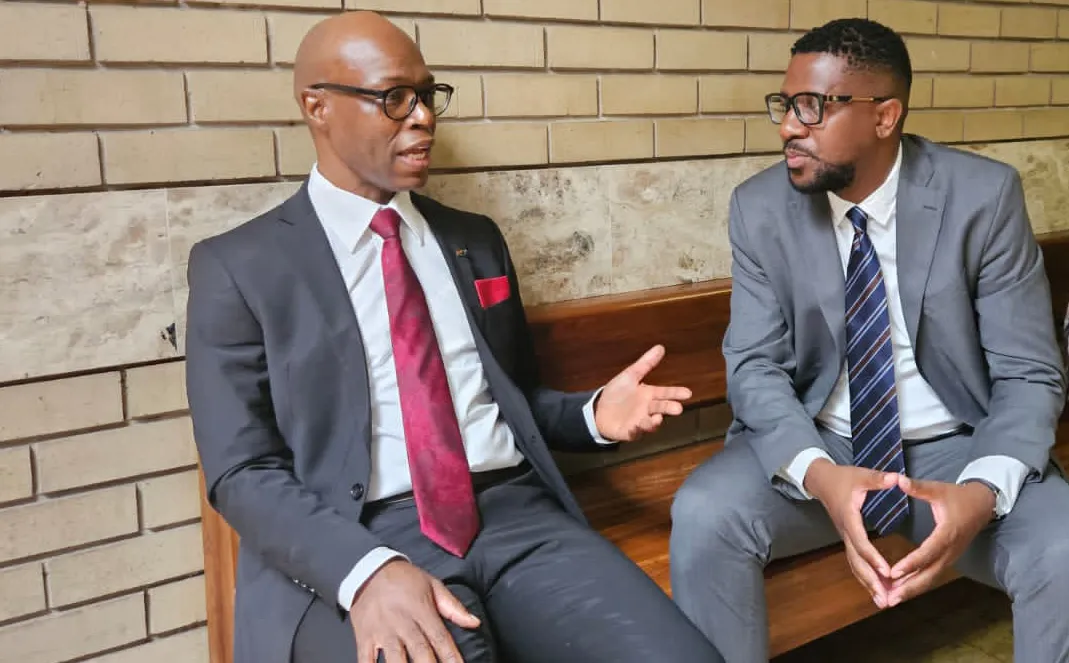 Eskom former interim CEO Matshela Koko (left) with his lawyer Eddie Mashele. (Photo: Dianne Hawker)
Eskom former interim CEO Matshela Koko (left) with his lawyer Eddie Mashele. (Photo: Dianne Hawker)
Where the ID went wrong
One of the reasons Jacobs chose to strike the case off the roll was that he felt the NPA had not told the court the full story of its resource constraints. “When a person is seeking a postponement, he seeks the indulgence of the court,” said Jacobs.
“He must take the court into confidence. When you say you have a situation where you are underresourced, that’s not sufficient. You must give me more than that information. The court must take an informed decision. I must make a value judgment with regards to the rights of an accused person.”
On 22 November in Parliament, the NPA laid the situation bare before the Standing Committee on Public Accounts.
Deputy National Director of Public Prosecutions Rodney de Kock said the ID was not a permanent entity yet, and an amendment before Parliament aimed to give it permanence and more powers.
“The other impediment with the ID is that there is no permanent capacity to be able to do investigations within the ID. So this Bill is a very important piece of legislation to strengthen the work of the ID. It will create permanence and it will provide the ID with the powers to investigate so that we don’t have to rely on other agencies,” he said.
ID head Advocate Andrea Johnson said the directorate had a “very small group of criminal investigators who must consider all the matters arising from the State Capture Commission”. The group consists of 15 officers from the Hawks, five from the Independent Police Investigative Directorate and four police detectives. All of them have been reassigned to work for the ID.
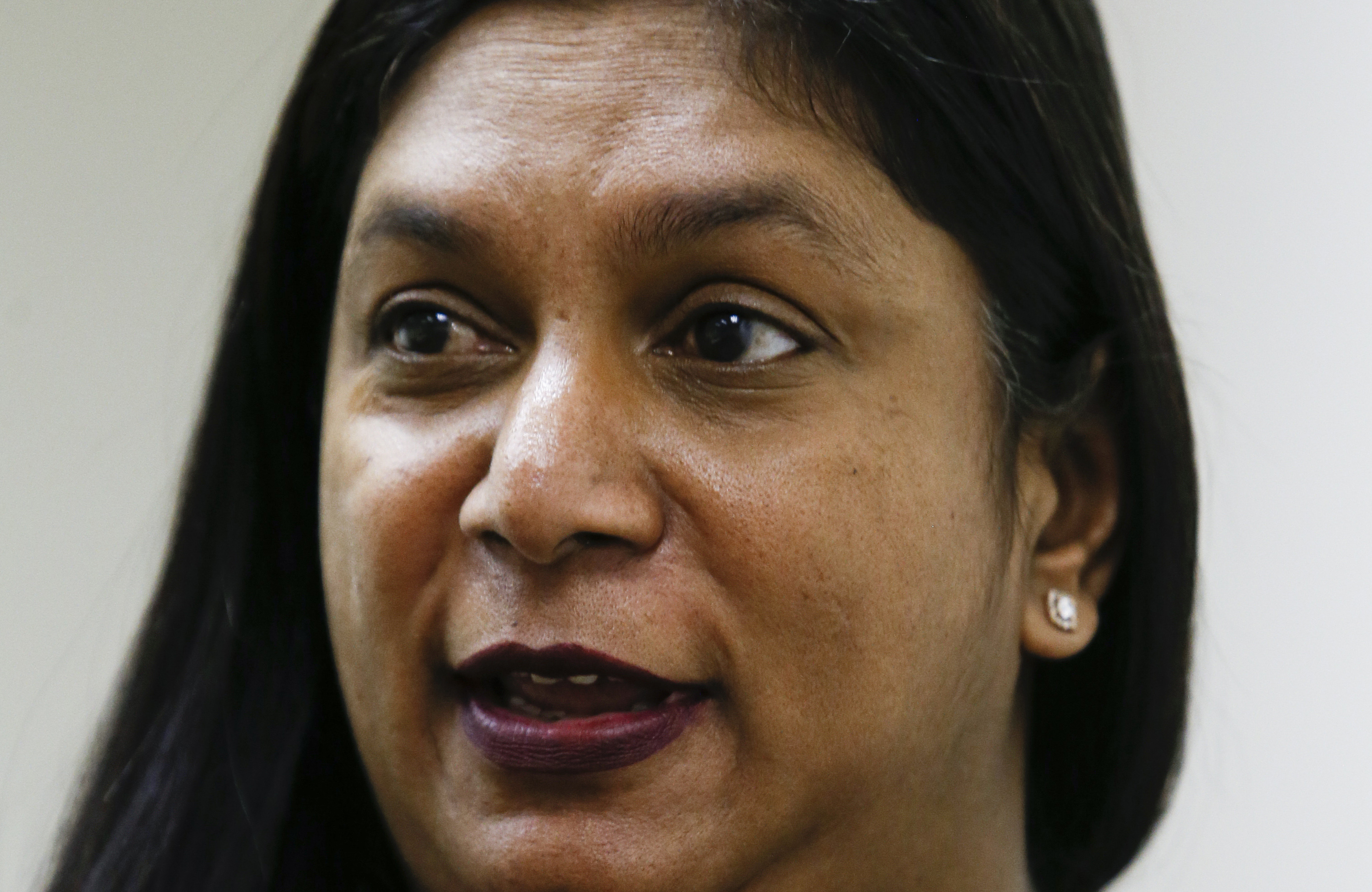 Advocate Andrea Johnson, head of the Investigating Directorate in the National Prosecuting Authority. (Photo: Felix Dlangamandla)
Advocate Andrea Johnson, head of the Investigating Directorate in the National Prosecuting Authority. (Photo: Felix Dlangamandla)
This small group is also considering the findings from the Nugent Inquiry into the South African Revenue Service and the Mpati Inquiry into the Public Investment Corporation.
“There are currently other matters that can be referred to and have been referred to the ID. So there are a host of matters that the Investigating Directorate has to look at. The criminal investigative capacity is the capacity most required but that is minimal, to say the least,” Johnson said.
The ID’s staffing challenges were apparent in the Kusile case, as the investigating officer told the court that he was one of two investigators working on the case, but he was on loan from the Hawks.
The investigating officer, who cannot be named owing to safety concerns, also told the court that 17 terabytes of data had been collected through various search and seizures. Though he had some software to help him peruse this data, he still had a lot to do.
Some reports required external expertise, and slow procurement processes meant the ID sometimes waited for months at a time for sign-off on hiring.
In addition to this, the investigators were trying to obtain statements from witnesses based in Germany and the US, and this proved difficult without international cooperation agreements.
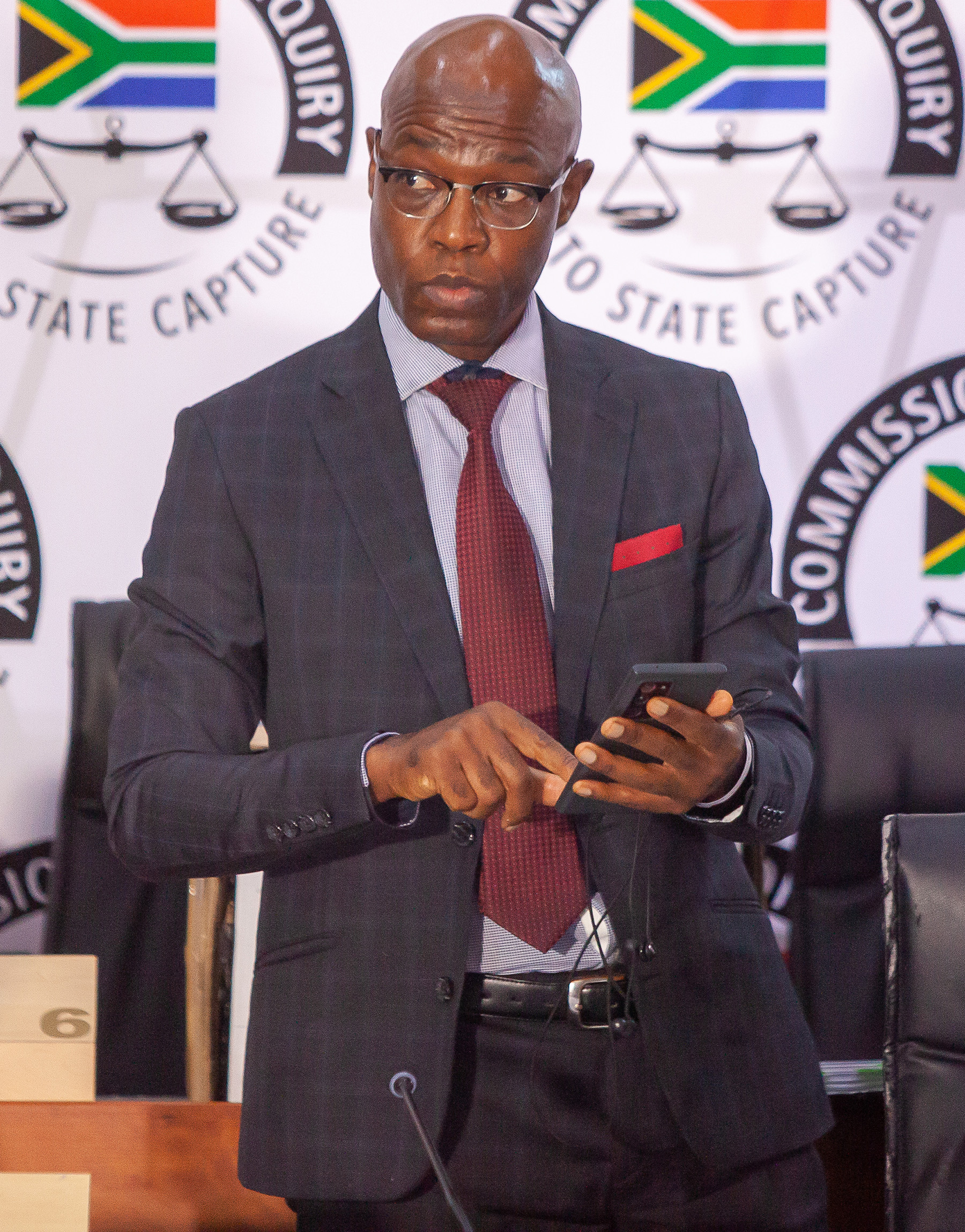 Matshela Koko at the Zondo Commission of Inquiry into State Capture on 1 March 2021. (Photo: Papi Morake / Gallo Images)
Matshela Koko at the Zondo Commission of Inquiry into State Capture on 1 March 2021. (Photo: Papi Morake / Gallo Images)
Public perception
Many of the accused feel vindicated in their assertion that the NPA was not ready to prosecute the case and believe they were arrested to create a public display.
Two lawyers who spoke to Daily Maverick believe the case could have been handled better.
Former prosecutor and criminal lawyer at BDK attorneys Piet du Plessis said the removal of the case did not stop the NPA from bringing the matter back to court, but its house would need to be in order before doing so again.
“Obviously, it is not a very comfortable position to be in. It’s an embarrassment. It points to people being charged and brought to court prematurely. It’s all about perception,” said Du Plessis.
“The problem is this matter was rushed on to the roll – perhaps to get favourable publicity. They have now got the opposite.”
Lawyer and legal analyst Mpumelelo Zikalala agreed, saying the NPA had the opportunity to mend public perception but would need to ensure it was trial-ready before trying to re-enrol the case.
“They can still recover if they do a proper investigation and prepare the matter as if they will go on trial the next day, [and] if they don’t arrest the accused at their homes and rather issue summons for them to appear in court,” said Zikalala.
“Then they should request to immediately move the matter to the high court. That will ensure there are no more unreasonable delays.”
Zikalala added that the issues being experienced in this case pointed to a bigger problem than the poor handling of a single case. He said millions were spent on the State Capture Commission of Inquiry “to diagnose the problem”, but the same resources were not being expended on the appropriate solution.
“We have a lot of existing [crime-fighting] agencies. We are shifting our eyes from the real problem: law enforcement agencies are not trained to deal with this type of crime,” Zikalala said.
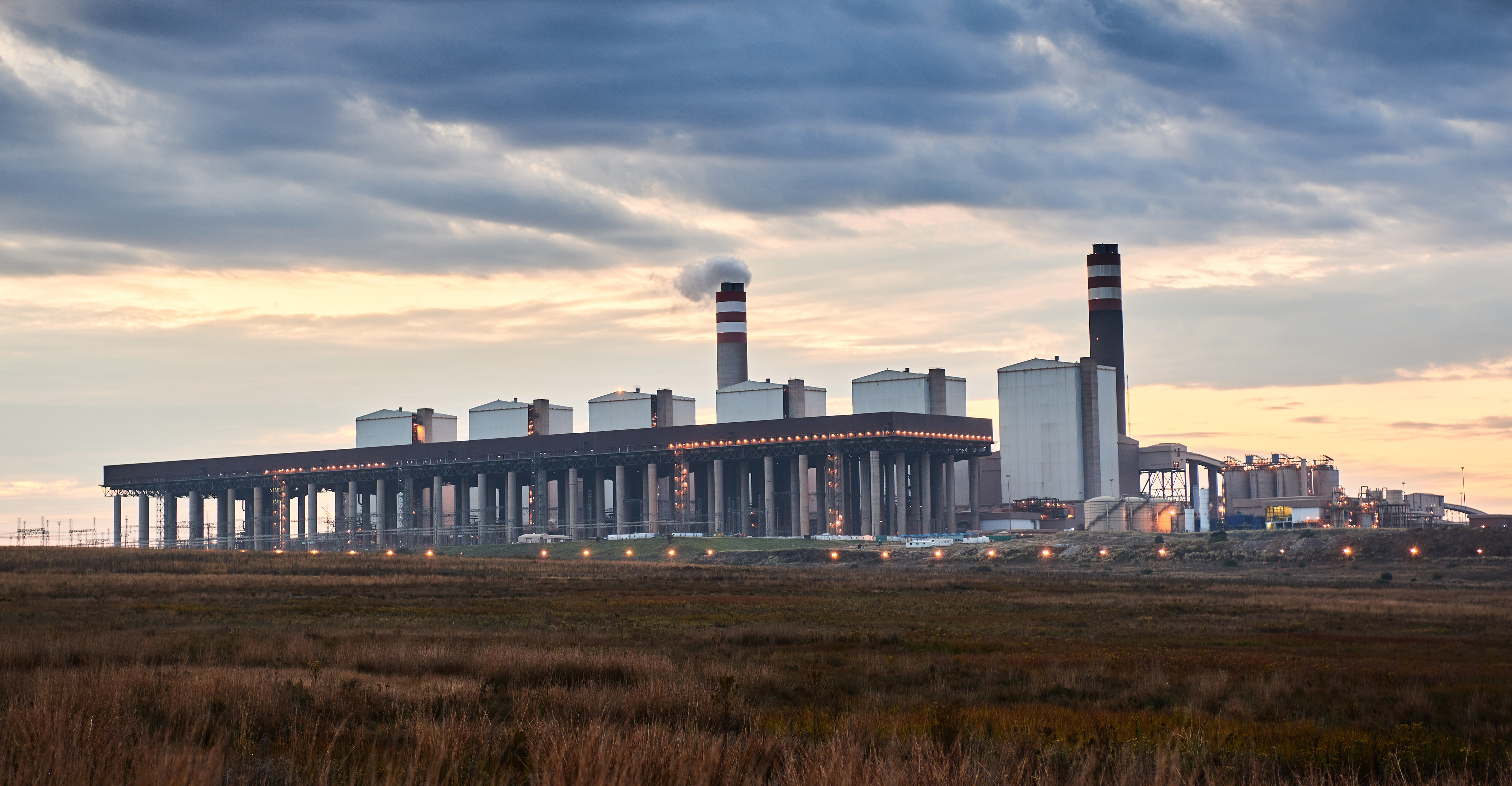 The Kusile coal-fired power station in Mpumalanga on 5 May. (Photo: Waldo Swiegers / Bloomberg via Getty Images)
The Kusile coal-fired power station in Mpumalanga on 5 May. (Photo: Waldo Swiegers / Bloomberg via Getty Images)
Kusile Timeline
November 2009:
Control and instrumentation contract awarded to Alstom S&E Africa, which is unable to service it. In 2013, Eskom decides to cancel the contract.
May 2014:
Eskom issues a new request for proposals.
March 2015:
ABB is awarded the control and instrumentation contract.
March 2017:
Whistle-blowers leak information about Eskom contracts awarded to Koketso Aren, a stepdaughter of Matshela Koko, then acting CEO of Eskom.
16 February 2018:
Koko resigns amid allegations of corruption shortly before a disciplinary hearing in which he pleads not guilty to all charges.
6 April 2018:
President Cyril Ramaphosa signs a proclamation for the Special Investigating Unit (SIU) to investigate allegations of irregularities at Transnet and Eskom.
December 2020:
ABB agrees to repay R1.577-billion to Eskom in a settlement with the utility and the SIU over irregularities in the contract.
April 2022:
Justice Raymond Zondo finds there is a “pervasive culture of corrupt practices” in his State Capture Commission report.
27 October 2022:
The NPA’s Investigating Directorate arrests Koko, along with seven others, including his wife Mosimo and stepdaughters Koketso Aren and Thato Choma.
December 2022:
ABB agrees to pay back R2.5-billion in “punitive reparations”. This is in addition to the R1.577-billion that ABB paid Eskom in 2020.
2 August 2023:
Businessman Johannes Mutchinya becomes the 18th suspect arrested in the corruption case.
4 September 2023:
The NPA requests an additional four months to conclude its investigation into the allegations of corruption at Kusile.
21 November 2023:
The Specialised Commercial Crimes Court in Middelburg denies the NPA’s extension request and the case is struck off the court roll.
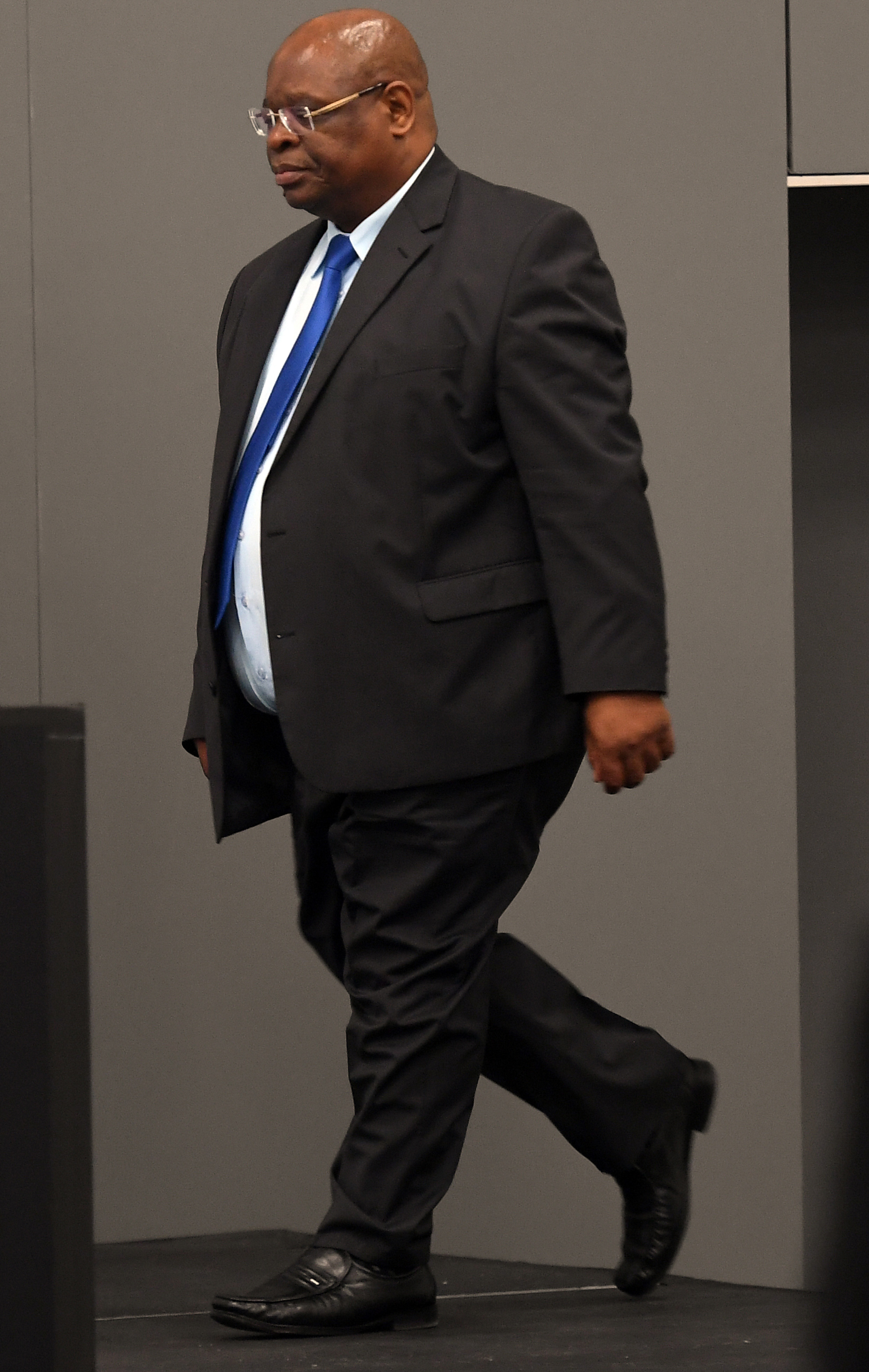 Chief Justice Raymond Zondo on 12 February 2019 in Johannesburg. (Photo: Felix Dlangamandla / Gallo Images)
Chief Justice Raymond Zondo on 12 February 2019 in Johannesburg. (Photo: Felix Dlangamandla / Gallo Images)
Failures in other State Capture cases
The National Prosecuting Authority (NPA) has suffered some blows in its attempts to prosecute criminal cases related to State Capture, beginning with the acquittal of the six accused in the case involving Gupta-linked company Nulane Investments.
The company was awarded a R24-million contract by the Free State provincial government in 2011 to produce a feasibility study that the NPA alleged was fraudulent. It failed to prove the case, however, and attracted the ire of the judge.
In April 2023, Bloemfontein High Court Judge Nompumelelo Gusha criticised the NPA for bringing a hasty prosecution. She also criticised the way crucial evidence was handled.
“The state, contrary to the application to have the documents provisionally admitted into the record, did not lead a single witness and/or evidence who successfully authenticated the disputed documents.
“What this court instead heard was the ineptitude of the investigators and indeed the lackadaisical manner in which evidence and disputed documents were handled, and a government department that seemingly evinced a wilful disregard to the manner in which official documents were to be kept and archived. Just on these aspects, the state’s case as presented was stillborn,” she wrote.
The Department of Justice’s efforts to extradite Gupta brothers Atul and Rajesh hit a brick wall when, in April, the United Arab Emirates (UAE) denied its application. The brothers are seen to be among the architects of State Capture. The UAE asked the SA government to submit a new application, but the department said it would first engage with UAE officials on the questions raised in the original application. DM
This story first appeared in our weekly Daily Maverick 168 newspaper, which is available countrywide for R29.




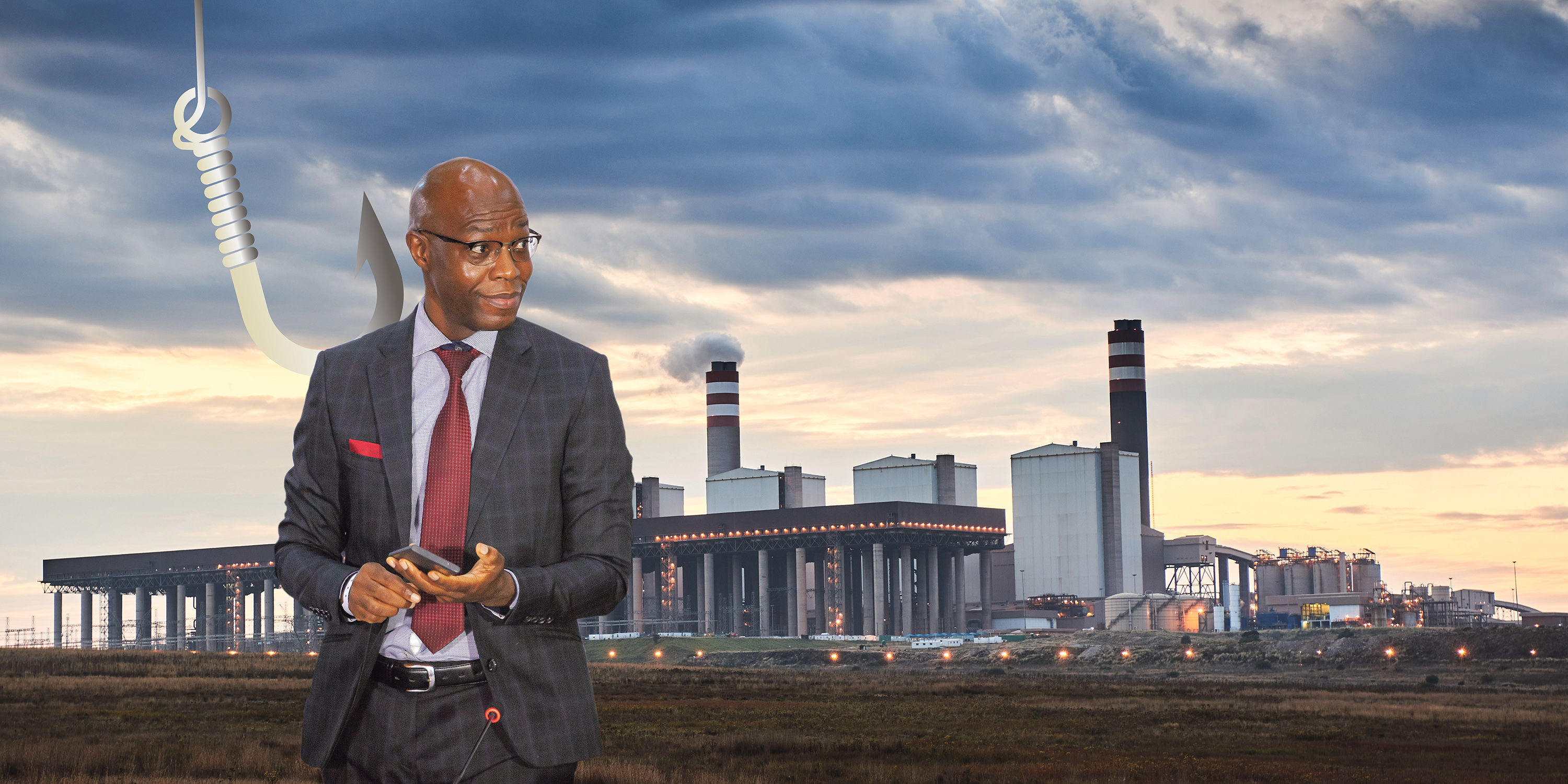 Chief Justice Raymond Zondo on 12 February 2019 in Johannesburg. (Photo: Felix Dlangamandla/ Gallo Images)
Chief Justice Raymond Zondo on 12 February 2019 in Johannesburg. (Photo: Felix Dlangamandla/ Gallo Images) 